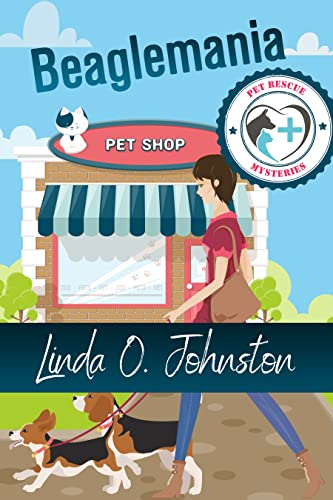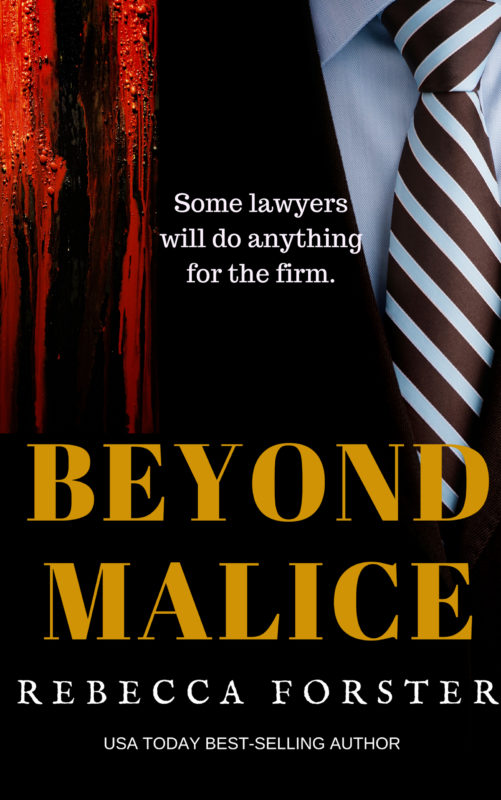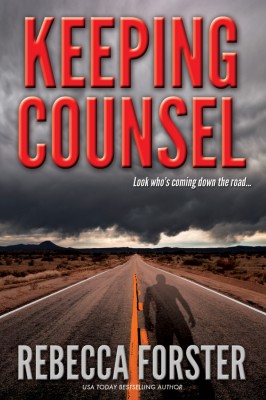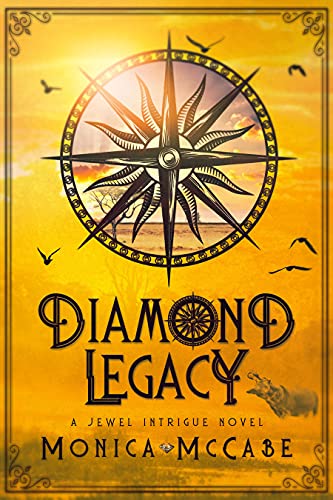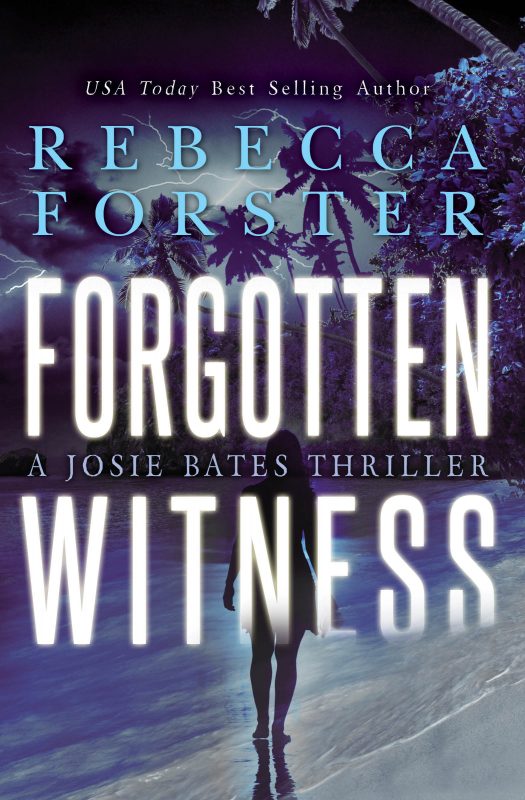A Challenge, or Simply Esoteric?
November 8, 2017 by H. O. Charles in category WritingSlight change of scenery for you lot this month. No cover art commentary. This time I’m writing about writing.
Have you ever seen the series Halt and Catch Fire? If not, I highly recommend it. It follows a group of programmers, engineers, and business-minded tech visionaries as they attempt to capitalise on the information revolution through the 80s and early 90s. Often they strike upon a great idea, only to have a better-funded competitor exploit it, or think of it independently, and steal their customers out from under them. It all sounds rather frustrating to watch, and it is, but what makes it compulsive viewing are the characters and our own knowledge of what is to come.
{SPOILER – but it’s related to my post, honest}
In the last series, the brilliant programmer, Cameron, designs a game so esoteric and so challenging that her focus groups and reviewers find themselves unable to complete it. They quickly become frustrated and bored, and Cameron is dropped by her publisher, Atari, because the game simply isn’t fun for most people.
{SPOILER}
Now here comes the awkward part where I try to crowbar my book into an imaginary bookshelf, next to the creation of a fictional genius, and still try to sound modest and not at all deluded. “They didn’t like it because they couldn’t understand it!” as the self-soothing, self-aggrandising cry of so many an author, self-published or otherwise, goes. Not here, I promise. The comparison I want to draw between my work and hers has more to do with the attitude of youth when it comes to complexity. It’s much more about what I got wrong.
My main series is fantasy, and as often comes with the genre, there are other-worldly words for certain objects and phenomena in the universe. The idea is that the sounds of these words give the world its own character, make it appear more detached in some ways, or closer to our own in others. Sometimes these words are excellent ways of hiding or setting up jokes, and sometimes they are obscure and ridiculous in the way so many things about us are today. In the initial edition of the first book, I offered my readers no direct translation for these words. I totes did a Cameron. I wanted readers to work the vocabulary out for themselves from the context. I justified this to myself as presenting a fun challenge, just as we are challenged when we are young and learning our own language.
When your environment is so heavily dominated by learning as mine was at 26 (I was writing up my PhD, or avoiding it), all things are cloaked in slight obscurity, and solving these puzzles is a challenge, so it becomes your idea of fun to set others challenges.
But readers did not find this fun. It was jarring to them, and interrupted the concentration they needed to apply on more important plot points. They had to work hard to get anywhere with it. I later inserted a glossary of terms to try to alleviate this problem, which it did, but not everyone wants to read a dictionary before they get started on a book in what should be their leisure time.
And then there were the rules that came with the world of The Fireblade Array. I dumped my readers headlong into it without overtly stating what any of those rules were – more immersive that way, I felt – as if the readers might imagine themselves to be people from that universe as they read. More fun! I’ll describe a bit of it now so that you can get a flavour for the impossibility of coming at it with no prior knowledge:
The world of The Fireblade Array is high fantasy at first glance. There are swords, castles, crossbows, horse riding, other mediaeval (or pseudo-mediaeval) fayre, and there’s sorcery. The height of technology here is perhaps some plumbing in the castles and manors, but don’t expect much more than that. The people are human in appearance, but they do not age beyond their prime (arguable definitions of that, I know!). They do not suffer from contagious or deleterious diseases, except a madness that comes when they are thousands of years old, and their bodies heal improbably quickly. Their population is managed by war, and must engage in relationships lasting nine years if they hope to make more of themselves.
The society the first book focusses on is infuriatingly sexist, and some of that has to do with fear of female wielders. I mentioned sorcery, but the power for this is limited to a select group of women. They are born with a power based around fire, and can only wield it once they reach twenty(ish) years of age. The male counterpart to these women cannot make this form of fire, but they have the capacity to control it, and even remove the ability entirely from female wielders. Of course power comes with a price, and sleeping with a wielder carries the risk of turning one into a kind of killer zombie. There is also a limited collection of other risks with sex and wielding, which I won’t go into here, but you get the general idea. Also, there are no orcs, elves, vampires or dwarfs to speak of.
So yeah, imagine coming at a book and being expected to know all that!
Perhaps it’s quite ironic I took this approach, given that my previous job was making impenetrable science research understandable and accessible for everyone. You would have thought I’d have been more aware of the importance of understanding, right? Nope. Very uncharitable of me.
I began writing the series nearly seven years ago, and the first installment was my first proper novel. I was young (see age above) when I started it (that’s my excuse and I’m sticking to it). It was good. I knew it was good because I wrote it. I knew I was good at writing because people told me so and we use stuff like that to give ourselves the confidence to do anything at all. I knew it would do well because I liked it. And it kinda has done okay… I think.
Now, nearly seven years later, I know it’s got something, but it could have been better. I could have been less arrogant with the esoterica. Don’t get me wrong, I absolutely want you to buy it, and I want you to read it and enjoy it, because it’s good enough to be published (and I am not being immodest at all when I claim it is better than some of the stuff being traditionally published). But it has its faults. The series I’ve written following on from it is my proudest achievement. This November, 2017, I have just submitted the sixty-ninth iteration of City of Blaze: Volume One of The Fireblade Array to Smashwords. That’s almost one new version (0.83, to be precise) every month for the last six-and-a-bit years. I will never be completely happy with it. I re-wrote huge sections of it as my style developed, justified the actions of characters, inserted new thoughts, added more description, AND a glossary of terms. But it will always be a mean challenge for readers in a way none of my future books ever will.
I have thought about inserting a paragraph or two at the beginning to explain everything in the most overt terms, thought about being nicer to all those readers, of undoing my Cameron, but the overall immersion approach it takes is one flaw I have stubbornly refused to alter. For me, it has become part of the personality of that book, and books do become people when you have worked on them for so long. And frankly, now it’s part of the story of my development as a writer, I’m afraid to make it into anything so significantly different.
5 0 Read more
Affiliate Links
A Slice of Orange is an affiliate with some of the booksellers listed on this website, including Barnes & Nobel, Books A Million, iBooks, Kobo, and Smashwords. This means A Slice of Orange may earn a small advertising fee from sales made through the links used on this website. There are reminders of these affiliate links on the pages for individual books.
Search A Slice of Orange
Find a Column
Archives
Featured Books
BEAGLEMANIA
Lauren Vancouver is the head of HotRescues, a no-kill animal shelter north of Los Angeles, but it's often human nature that puts her in the path of danger.
More info →DIAMOND LEGACY
Diamonds ruined his life and he’s on a path of revenge.
More info →FORGOTTEN WITNESS
A madman's ramblings, a government's secrets and a personal pain send Josie Bates into hell on earth.
More info →Newsletter
Contributing Authors
Search A Slice of Orange
Find a Column
Archives
Authors in the Bookstore
- A. E. Decker
- A. J. Scudiere
- A.J. Sidransky
- Abby Collette
- Alanna Lucus
- Albert Marrin
- Alice Duncan
- Alina K. Field
- Alison Green Myers
- Andi Lawrencovna
- Andrew C Raiford
- Angela Pryce
- Aviva Vaughn
- Barbara Ankrum
- Bethlehem Writers Group, LLC
- Carol L. Wright
- Celeste Barclay
- Christina Alexandra
- Christopher D. Ochs
- Claire Davon
- Claire Naden
- Courtnee Turner Hoyle
- Courtney Annicchiarico
- D. Lieber
- Daniel V. Meier Jr.
- Debra Dixon
- Debra H. Goldstein
- Debra Holland
- Dee Ann Palmer
- Denise M. Colby
- Diane Benefiel
- Diane Sismour
- Dianna Sinovic
- DT Krippene
- E.B. Dawson
- Emilie Dallaire
- Emily Brightwell
- Emily PW Murphy
- Fae Rowen
- Faith L. Justice
- Frances Amati
- Geralyn Corcillo
- Glynnis Campbell
- Greg Jolley
- H. O. Charles
- Jaclyn Roché
- Jacqueline Diamond
- Janet Lynn and Will Zeilinger
- Jeff Baird
- Jenna Barwin
- Jenne Kern
- Jennifer D. Bokal
- Jennifer Lyon
- Jerome W. McFadden
- Jill Piscitello
- Jina Bacarr
- Jo A. Hiestand
- Jodi Bogert
- Jolina Petersheim
- Jonathan Maberry
- Joy Allyson
- Judy Duarte
- Justin Murphy
- Justine Davis
- Kat Martin
- Kidd Wadsworth
- Kitty Bucholtz
- Kristy Tate
- Larry Deibert
- Larry Hamilton
- Laura Drake
- Laurie Stevens
- Leslie Knowles
- Li-Ying Lundquist
- Linda Carroll-Bradd
- Linda Lappin
- Linda McLaughlin
- Linda O. Johnston
- Lisa Preston
- Lolo Paige
- Loran Holt
- Lyssa Kay Adams
- Madeline Ash
- Margarita Engle
- Marguerite Quantaine
- Marianne H. Donley
- Mary Castillo
- Maureen Klovers
- Megan Haskell
- Melanie Waterbury
- Melissa Chambers
- Melodie Winawer
- Meriam Wilhelm
- Mikel J. Wilson
- Mindy Neff
- Monica McCabe
- Nancy Brashear
- Neetu Malik
- Nikki Prince
- Once Upon Anthologies
- Paula Gail Benson
- Penny Reid
- Peter Barbour
- Priscilla Oliveras
- R. H. Kohno
- Rachel Hailey
- Ralph Hieb
- Ramcy Diek
- Ransom Stephens
- Rebecca Forster
- Renae Wrich
- Roxy Matthews
- Ryder Hunte Clancy
- Sally Paradysz
- Simone de Muñoz
- Sophie Barnes
- Susan Squires
- T. D. Fox
- Tara C. Allred
- Tara Lain
- Tari Lynn Jewett
- Terri Osburn
- Tracy Reed
- Vera Jane Cook
- Vicki Crum
- Writing Something Romantic
Affiliate Links
A Slice of Orange is an affiliate with some of the booksellers listed on this website, including Barnes & Nobel, Books A Million, iBooks, Kobo, and Smashwords. This means A Slice of Orange may earn a small advertising fee from sales made through the links used on this website. There are reminders of these affiliate links on the pages for individual books.

